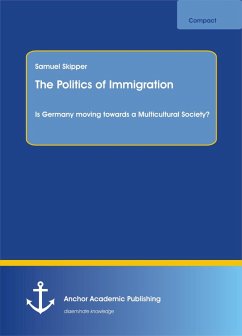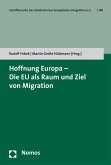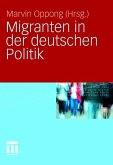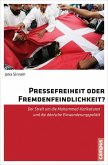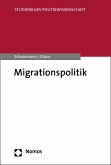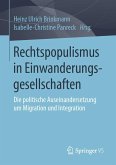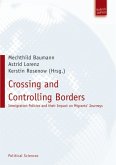The topic of immigration is never simple. Questions such as 'who belongs to society?' and 'how do you define national identity?', or 'what values are needed to maintain a coexisting society?' are extremely difficult to answer. Global migration introduces unprecedented challenges for conceptualising the integration of immigrants. On a European scale, Germany can be said to represent the first destination for immigrants since its unification in 1989. On a global level, Germany is the second largest immigrant receiving country after the United States. Nevertheless, only recently has Germany recognised and admitted that it is an ethnically and culturally diverse society. Before the 1998 elections, successive governments have always stuck to the maxim that Germany is 'not a country of immigration'. The infamous phrase came under increased pressure with the electoral victory of the Red-Green coalition in 1998. New laws regarding immigration, integration and citizenship were on the agenda with the aim of replacing the traditional ethnocultural model of German nationhood with a more liberal and modern model by moving away from the concepts of Volk and ius sanguinis. The conservative CDU, however, accused the Schroder government of trying to jeopardize German cultural identity, causing a fierce debate known as the Leitkultur (Guiding culture) debate. On the one side of this debate there were the conservative CDU politicians who viewed Germany in ethno-nationalist terms, while on the other members of the Green Party and the SPD, who attempted substituting the 'volkish' tradition with a multicultural model of citizenship that guaranteed universal human rights. The aim of this study is to assess which of these two models are currently prevailing in moulding immigration and integration policy. Has the progressive left achieved its objective of moving away from the traditional ethnocultural and assimilationalist model defining citizenship towards a more inclusive multicultural model?
Dieser Download kann aus rechtlichen Gründen nur mit Rechnungsadresse in A, B, BG, CY, CZ, D, DK, EW, E, FIN, F, GR, HR, H, IRL, I, LT, L, LR, M, NL, PL, P, R, S, SLO, SK ausgeliefert werden.

